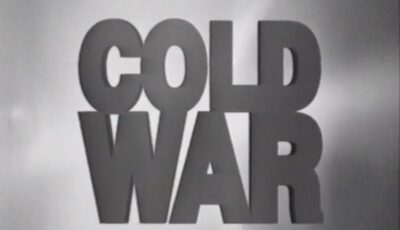Synopsis
Following the Chinese Revolution Mao Zedong aligns China firmly with the Soviet Union. China becomes the recipient of Soviet aid, supports Communist movements worldwide and confronts the United States in Korea and in the Taiwan straits. Domestically China experienced upheaval and disaster with the post-revolution land reforms, the Great Leap Forward and the Cultural Revolution. A range of factors, including Khrushchev's apparent acceptance of co-existence with the capitalist West and his refusal to share Soviet nuclear technology with China, led to the Sino-Soviet split and eventual conflict. Both sides become deeply distrustful of the other, particularly after China develops nuclear weapons. Sensing an opportunity to contain the Soviet Union, in 1972 the United States suddenly and unexpectedly moves to reestablish ties with China. Interviewees include Wu Ningkun, Marshall Green, Liu Binyan, Stepan Chervonenko and Henry Kissinger. The pre-credits scene shows Nixon's visit to China, only six years after the Cultural Revolution.

Time Team Londinium - The Edge of Empire
In the past decade a huge amount of redevelopment has taken place in the City, providing an unparalleled opportunity for archaeologists to find out more about the old Roman city beneath the modern streets and buildings. What they've discovered suggests that far from being a relatively uncivilised backwater, Londinium was in fact one of the most sophisticated and advanced cities in the entire empire.

S1E4: Battle in the Glens | Walking Through History
Tony Robinson takes on a tough four-day trek through the Kintail region of the west Scottish Highlands to discover the story of the Jacobite uprisings of the early 1700s.

